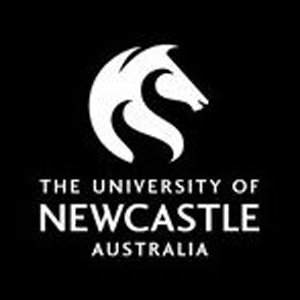Refine results
Level of study
Location
Study Mode
Field of study

Master of Emergency and Disaster Management
- Casuarina
- 2 years full-time

Graduate Certificate of Emergency and Disaster Management
- Casuarina | Also at 1 other campus
- 1 years part-time

Graduate Diploma of Emergency and Disaster Management
- Casuarina | Also at 1 other campus
- 1 years full-time

Master of Emergency and Disaster Management
- Online Study
- 3 years part-time
- Tuition fees: $86,976

Graduate Certificate in Emergency and Disaster Management
- Online
- 6 months online/off-campus

Master of Environmental Management
- Casuarina | Also at 1 other campus
- 2 years full-time

Graduate Diploma of Emergency and Disaster Management
- Online Study
- 2 years part-time
- Tuition fees: $58,731

Master of Disaster Risk and Resilience
- Callaghan | Also at 1 other campus
- 2 years full-time
- Tuition fees: $61,620

Graduate Certificate of University Learning and Teaching
- Casuarina | Also at 1 other campus
- 0.5 years full-time

Master of Project Management
- CDU Sydney | Also at 1 other campus
- 2 years full-time